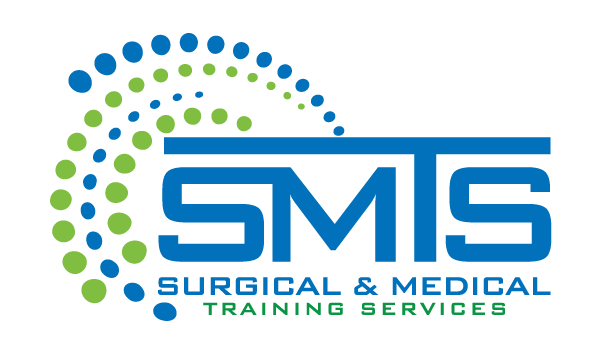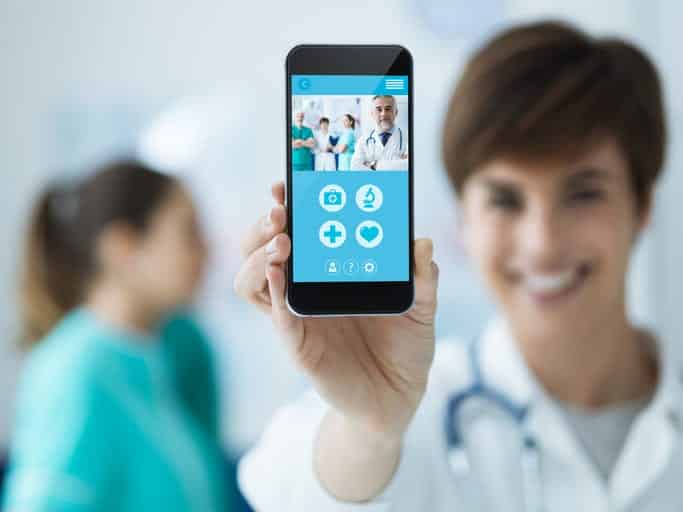Medical professionals are nearly always “on,” even when off the clock. The instances of physicians acting in a volunteer role are high, and this presents unique challenges that may affect the outcome of urgent medical support. Here, we discuss how a new mobile app is improving the way care is provided in unexpected situations.
It is safe to say that, even with the extensive training they receive, most healthcare professionals are not familiar with the protocols and the resources available to achieve emergency stabilization in settings such as air travel. According to one study, which was presented at the annual meeting of The Society for Academic Emergency Medicine, physicians who used technology during practice simulations of in-flight medical emergencies performed with greater confidence and efficacy.
In the study by Jump Simulation in collaboration with the University of Illinois College of Medicine Peoria, physicians used the airRx mobile app. This app is currently the only point-of-care technology designed to handle in-flight medical events. The app presents 23 of the most common emergency situations that occur, including the roles of the flight crew and medico-legal implications for health care professionals who volunteer to assist.
The study took place in a mockup setting in which patients, flight attendants, family members, and passengers were portrayed by actors. Participating physicians, who had no emergency training, were placed into two groups: one that had the availability of the airRx app, and one that had no external assistance. Physician volunteers were rated by trained observers who measured performance using a Critical Action Checklist. Additionally, physicians reported their sense of confidence before and after their simulations.
On both fronts, physicians who used the mobile app faired better than those who did not. The trained observers rated app-users higher on the quickness of critical action timing for contacting ground support and on their completion of the actions on the Critical Action Checklist. All physicians reported an increase in confidence that they could manage an in-flight medical emergency, but those with the app measured highest in terms of confidence.
All physicians participate in continuing education courses, such as those offered by SMTS – Surgical & Medical Training Services. However, there have historically been few resources that could assist physicians who find themselves in the midst of an emergency situation such as in-flight medical events. This is why advances in technology are so crucial to the future of medicine.
SMTS – Surgical & Medical Training Services has been established to support the ongoing learning of physicians across all specialties. To learn more about our bioskills and cadaver labs, call (888) 801-9444.


